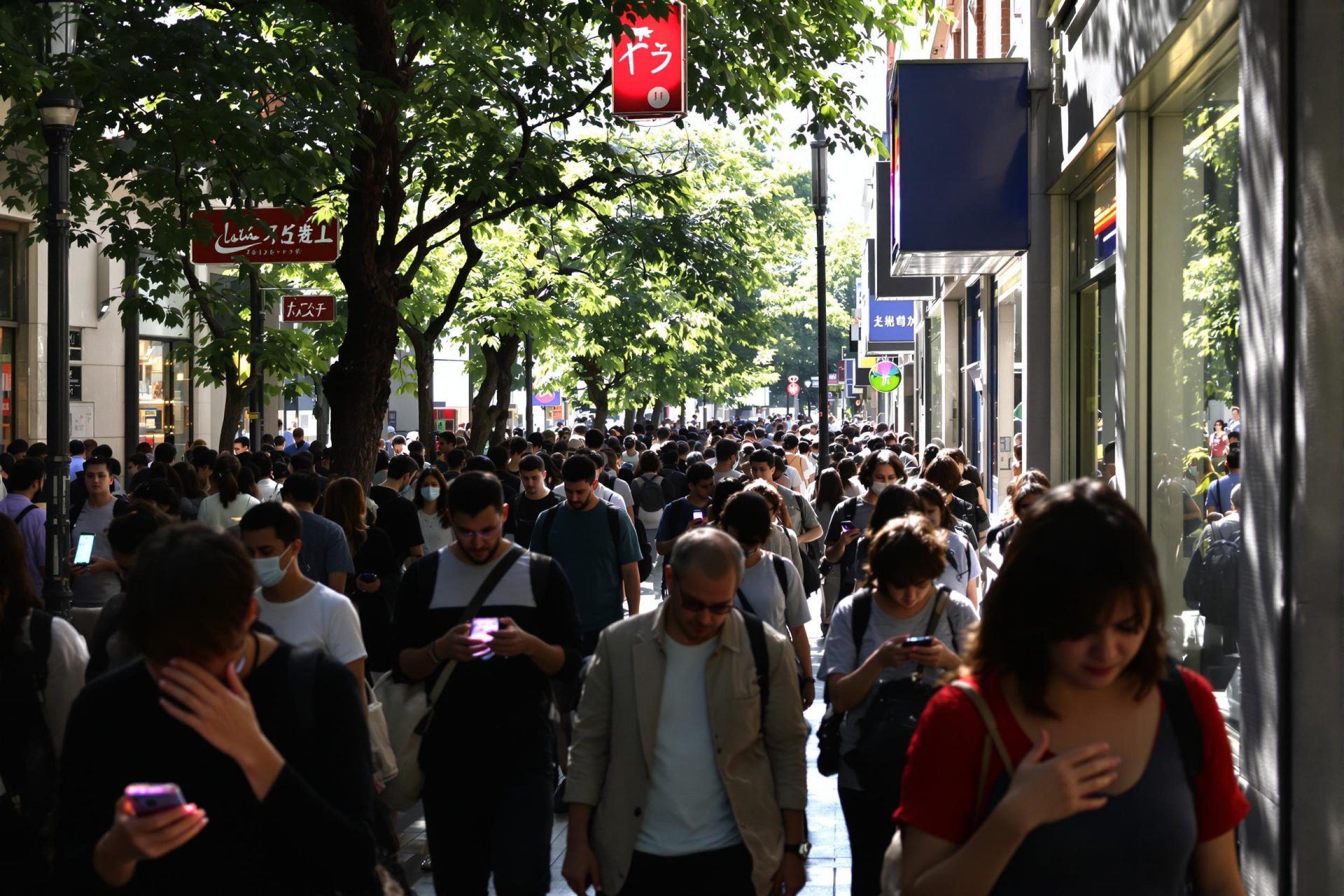Key Takeaways
- The way people search for information is changing; “Just Google it” is no longer the only answer.
- Consumers now use a mix of platforms for discovery, including social media, map apps, review sites, and AI tools.
- Brands that only focus on traditional search engines are losing visibility and relevance.
- Younger generations, like Gen Z, particularly seek authentic experiences and check multiple sources before making decisions.
The familiar advice “Just Google it” is losing its punch. While marketers might point fingers at AI, algorithms, or platform updates for shrinking visibility, the real story is much bigger.
According to SOCi’s newly released 2025 Consumer Behavior Index, highlighted by MarTech Series, consumer discovery has become a wide-open field. Although 83% of people still use traditional search engines, many also turn to social media (73%), navigation apps (58%), review sites (19%), and AI tools (19%).
This shift means brands are now vying for attention across a scattered landscape. Those still clinging solely to old-school search strategies are finding themselves left behind.
Monica Ho, SOCi’s Chief Marketing Officer, stated, “At SOCi, we’ve been keeping a close eye on this shift.” She highlighted proprietary data showing a 10% year-over-year drop in search impressions, a change keenly felt by multi-location brands.
“Consumers want more from their overall search experiences,” Ho added, explaining that the journey across multiple platforms is “a hunt for authenticity, especially for Gen Z.” She clarified that while AI tools are gaining momentum, they aren’t the sole reason for this shift.
This evolving behavior has been building for a few years. SOCi had previously noted the rise of search on social media, with Gen Z, in particular, often choosing platforms like Instagram and TikTok over Google for local searches. Younger consumers are increasingly seeking real stories and validation from real people, and they don’t rely on a single platform to find it.
The 2025 report indicates that Gen Z typically visits an average of 3.6 different platforms before deciding on even simple purchases.
Ho further commented, “We are not only seeing the continued use of social for search this year, but also the rise of AI search engines like ChatGPT and community websites like Reddit, which are taking market share away from traditional search engines.” She stressed, “This shift is already happening. Unless marketers change their strategies now, they’ll continue to lose not only search demand but visibility as well.”
The fundamental question for businesses is no longer just about how they rank on Google. It’s about whether they appear at all where consumers are actively searching – be it local pages, reviews, ChatGPT responses, Reddit threads, or major social media sites.
These alternative discovery points will only grow in importance as platforms test new ways to attract younger users. Gartner predicted in 2024 that search demand would fall by 25% by 2026.
“SOCi’s proprietary data shows we are already on pace to hit that decline,” Ho added. She warned that if brands don’t act, “they should expect search demand to likely drop by more than a quarter by the end of this year.”
The takeaway is stark: multi-location brands must adapt to stay discoverable in this dramatically changed digital environment. For marketers, this is a clear call to action: embrace this fragmented reality now, or risk becoming invisible and irrelevant to today’s digitally savvy consumers.



